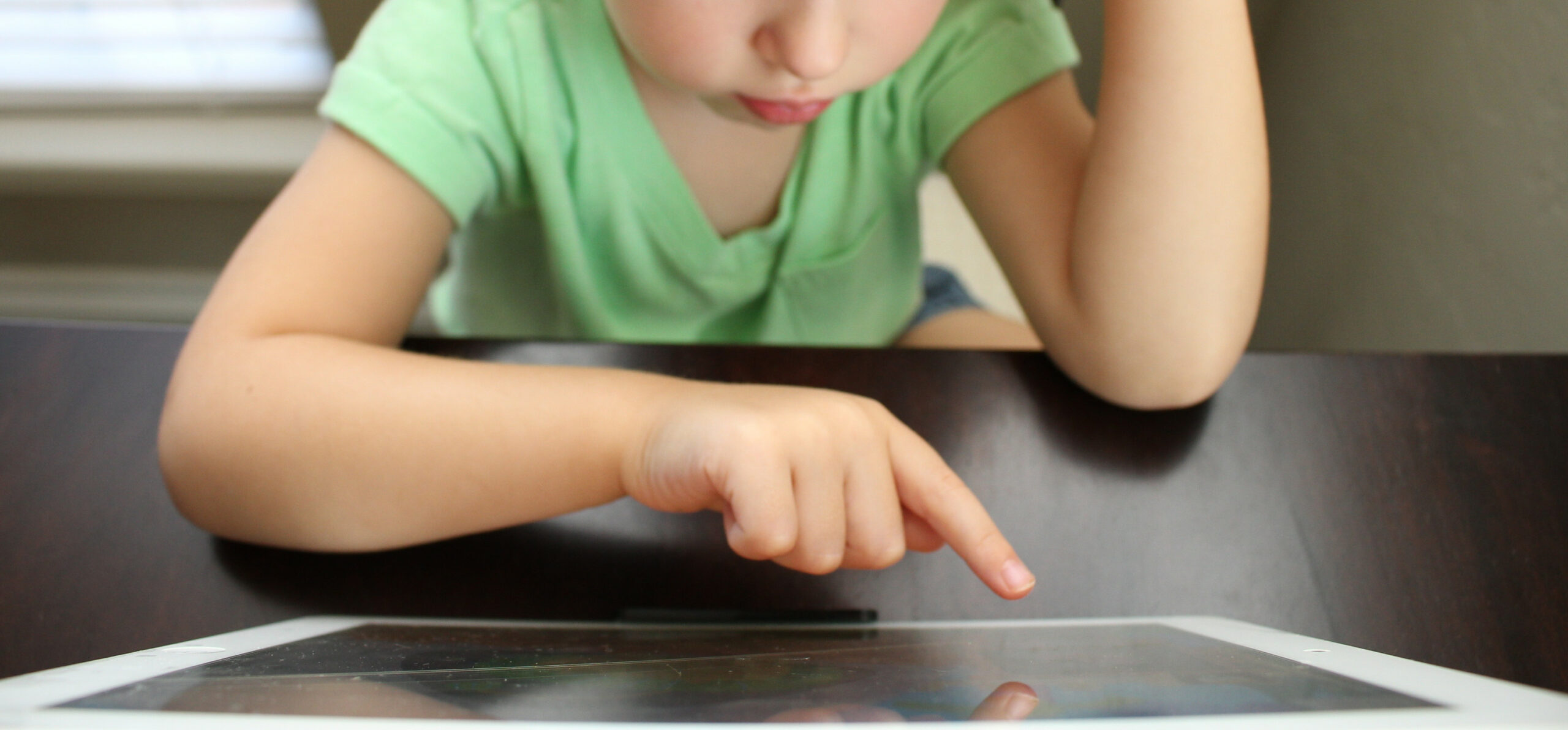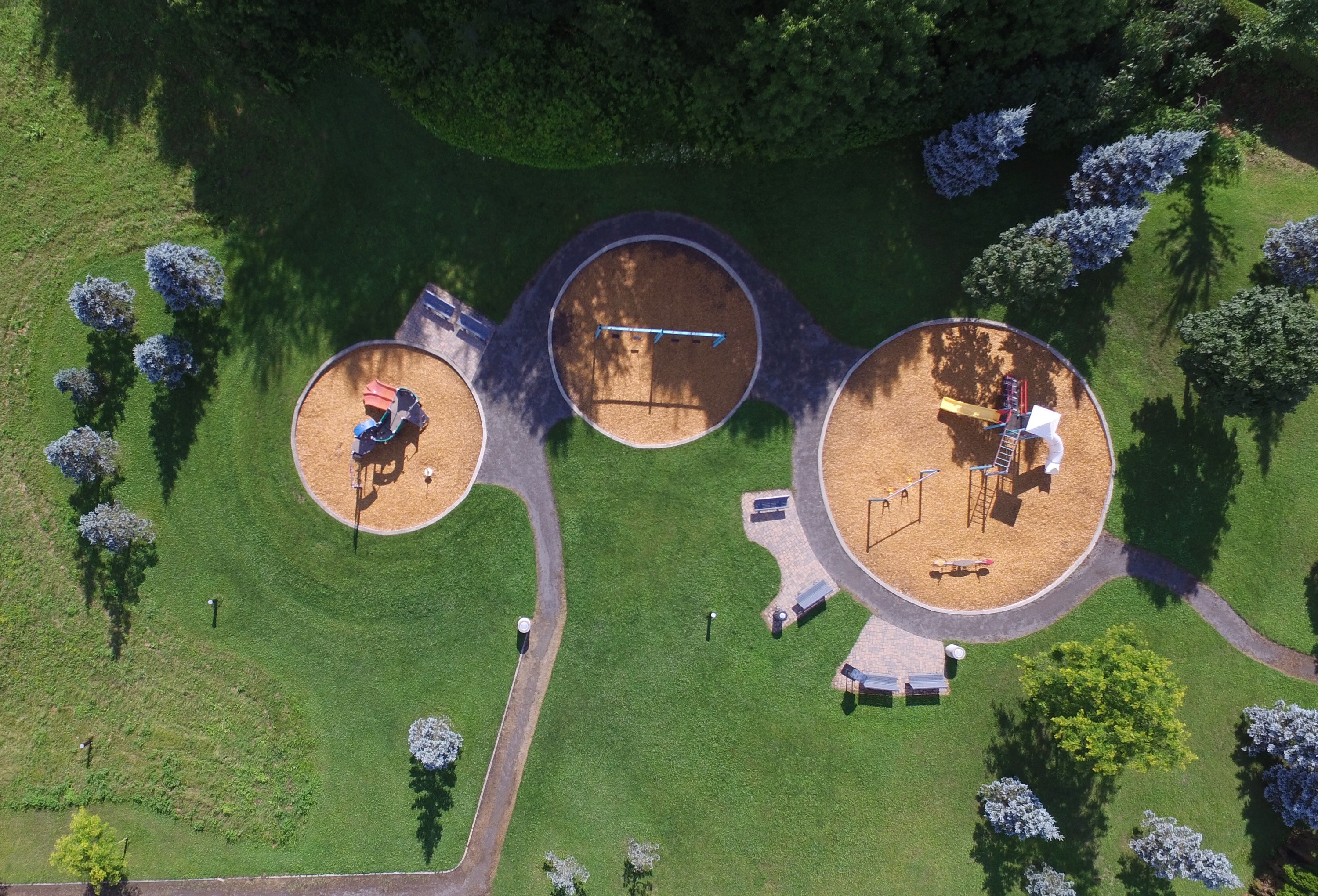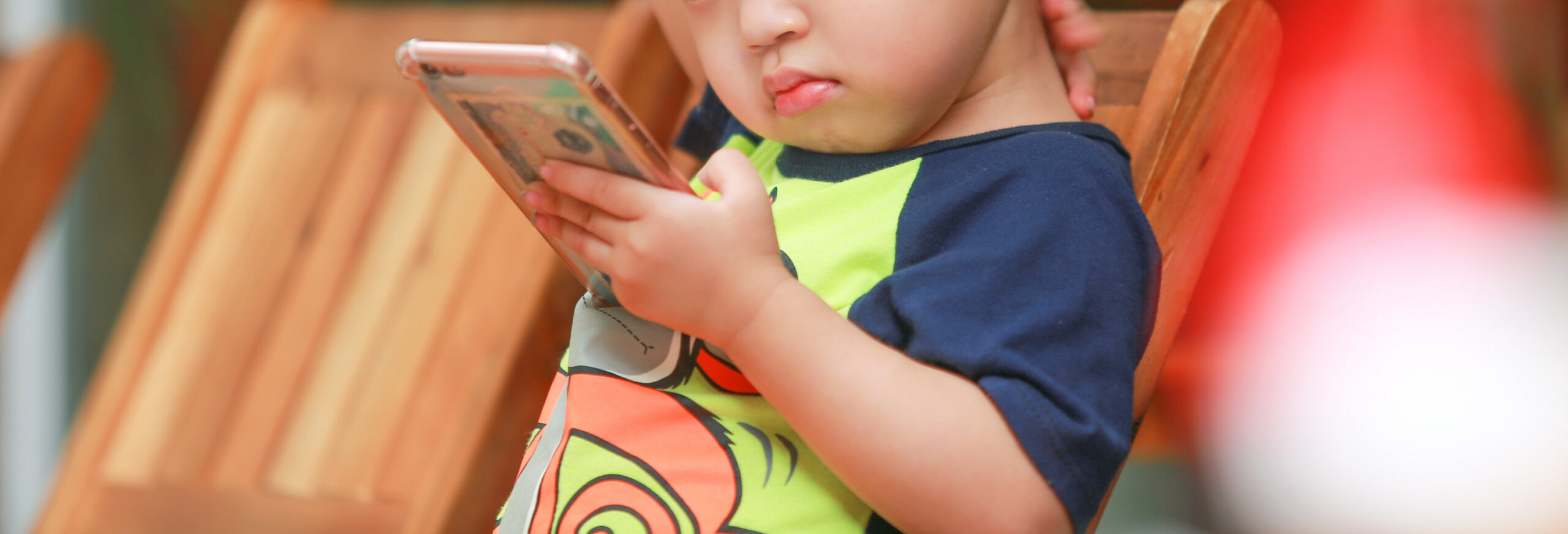How do you protect the online privacy of your children?
- 29 augustus 2019
Children are entitled to protection of their privacy too. What can you do as a parent to prevent too much information about your child being exposed online? Or strangers taking off with their data?
Growing up means making mistakes. A child learns from those. Children should be allowed to play and experiment in reasonable freedom to develop a personal identity. Most of us are happy that not every embarrassing detail of our childhood has been recorded. That some friendships, arguments and haircuts are forgotten. That is not necessarily the case for the generation currently growing up. But as a parent you can definitely take steps to protect the privacy of your children.
The earliest beginnings
Many expecting parents share their first echo on social media or on photo platforms. Their enthusiasm is understandable. However, your child has not yet been born and already has a presence on the internet forever, without ever being asked anything. Few people realize that by publicizing they have renounced their rights of the first image of their child. That they have given permission to others to run off with it. (The online publication of pregnancy could lead to a torrent of advertising aimed at prospective and young parents by the way - a torrent that sadly will not shut down if the pregnancy ends tragically.)
Infancy
The first device that a child gets hold of is often a tablet. You should realize that a child can learn from a tablet, but that a tablet also learns about your child. Devices and platforms like YouTube are designed to manipulate your child. For example, to keep their attention on the screen as long as possible. Your child can also be tempted to make purchases in so called 'free games'. Apple and Google were forced to repay millions of dollars after knowingly tempting children. Facebook has now been sued for the same reason. At what age and to what extent do you want to expose your child to these sort of companies?

Photo: Hal Gatewood


